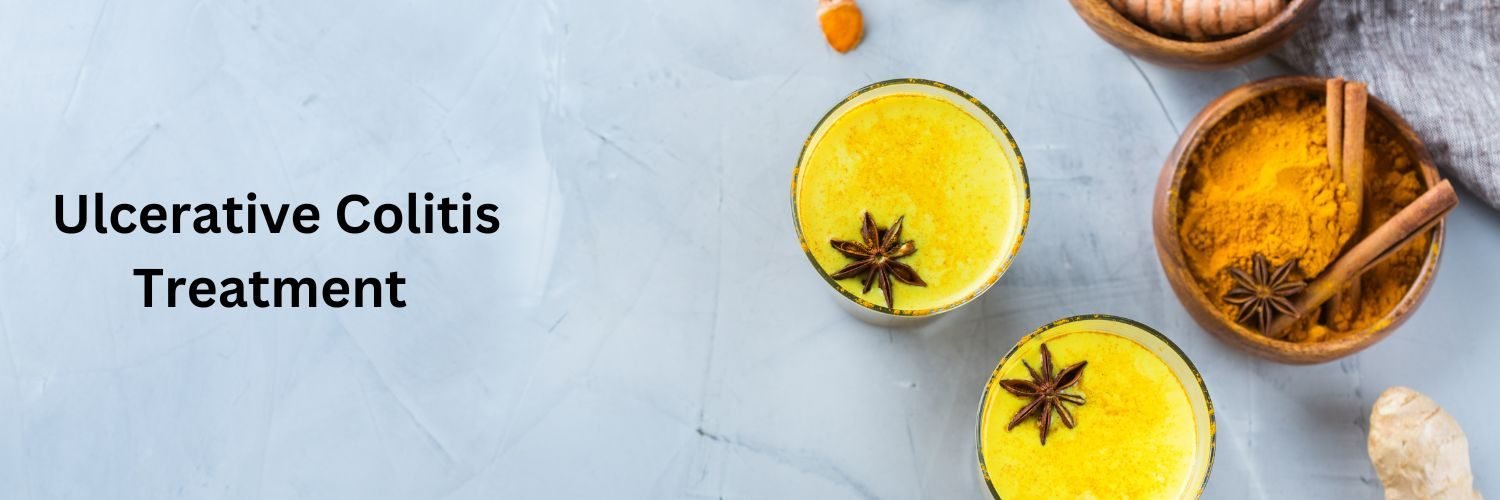
Ulcerative Colitis is an Inflammatory Bowel Disease
Inflammatory Bowel Disease (IBD) is a group of diseases that involve inflammation of the digestive tract. This Inflammation is normally chronic in nature but at times it may also be acute.
The digestive tract is responsible for the breakdown of food, absorption of nutrients and excretion of waste materials therefore inflammation anywhere along the digestive tract interferes with this otherwise normal process.
IBD symptoms vary depending on the severity of inflammation and place of digestive tract involved.
Symptoms Include:
Diarrhoea
Fatigue
Abdominal pain and cramping
Blood in your stool
Reduced appetite
Weight loss
Causes Of Inflammatory Bowel Disease
According to Modern Science the cause is still unknown but as per Ayurveda as it is a digestive tract disorder, the reasons lies in our diet only. As per Ayurveda the Pitta aggravating factors are mainly responsible for this disease that is the reason when we treat IBD dietary restrictions are mandatory for good recovery.
Types of IBD
The two most common types of IBD are ulcerative colitis (UC) and Crohn’s Disease .
1. Ulcerative Colitis involves inflammation of the large intestine.
2. Crohn’s Disease can cause inflammation in any part of the digestive tract between mouth and the anus However, it mostly affects the lower end of the small intestine and colon.
Ayurvedic Treatment of Ulcerative Colitis
Ulcerative colitis is a chronic causes inflammation in the large intestine. Ulcerative colitis is usually only in the innermost lining of the large intestine (colon) and rectum. In severe cases, ulcers form on the lining of the colon. These ulcers may bleed, which produces pus and mucus.
Common symptoms of Ulcerative Colitis include:
abdominal pain
increased abdominal sounds
bloody stools
diarrhoea

Ayurvedic View of Ulcerative Colitis
In Ayurveda we may compare ulcerative colitis with Raktatisar or Rakta pitta. It is primarily a disorder in which Vata and pitta are vitiated, therefore all Vata , Pitta aggravating diets should be avoided, especially salty, spicy and sour taste. Also besan (gram flour), namkeen, fermented food, junk food, alcohol, smoking, and non-vegetarian food should be avoided. Excessive exercise, too much exposure to hot climate is also to be avoided. Light and easily digestible food should be preferred and eaten at proper meal times.

